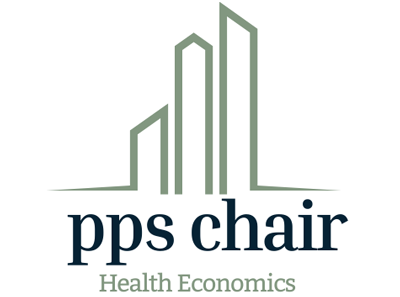
What is Health Economics and Why is it so Important?
Traditionally, Health Economics most often is quite narrowly defined as comprising five important focus areas.
The first is the study of the economic evaluation of health care interventions and programmes that informs cost-effective resource allocations, including in Health Technology Assessments (HTA).
The second is the study of the demand for and supply of healthcare (markets) and policy responses to address market failures due to the likes of externalities and barriers to competition.
Thirdly, Health Economics is very much concerned with healthcare financing and healthcare financing systems, including the workings of community-based, private, social and national health insurance.
Next, some health economists concern themselves with research on important economic and related determinants of health and health behaviour, including investments in health capital.
In the final instance, but perhaps most importantly, analyses of health inequality and its magnitude and determinants remain central in efforts to inform policies required to address these pervasive disparities.
Today though Health Economics is much more expansive in scope, and includes insights from behavioural economics such as internalities (long-term benefit or cost to an individual that they do not consider when making the decision to consume a good or service) and the design of incentive mechanisms such as pay-for-performance and personal financial incentives for engineering behavioural economic change in risky and protective behaviours. Equally, many health economists’ work focuses on the adoption of econometric methodologies and methods in analysing questions around health and healthcare.


